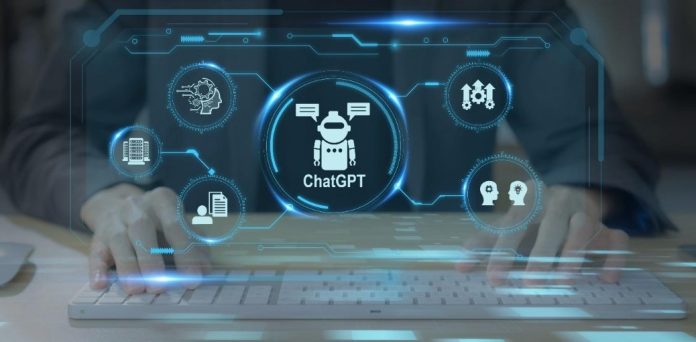As AI technology continues to advance, many are wondering what the future holds for software developers. Can AI get to a point where it’s so good at coding that human programmers will become redundant? Is this just the start of a battle in which programmers are bound to lose?
There are no two ways about it: this technology has taken the world – and hundreds of sectors – by storm. This is specifically true for industries which prosper with every technological leap forward made. New no deposit casino sites and the related verticals they partner up with have certainly taken heed of what’s been going on in this realm.
While everyone is entitled to their own opinion, most of us will agree that the rise of AI will have a significant impact on the way software will be developed in the coming years. What are the implications of this? And can we find ways of collaborating with AI rather than view it as the enemy?
The Future Of Software Development
The use of artificial intelligence and machine learning has been with us for quite a while. These tools are already being used in various aspects of software development, such as improving code quality, automating testing, and detecting security vulnerabilities. But we know that as these technologies continue to advance, they may also become increasingly involved in the actual coding process.
One potential scenario is the development of AI-powered code generators that can write and modify code based on natural language inputs from human developers. This could significantly speed up the development process and make coding more accessible to people without traditional programming skills.
Although this may sound all well and good at face value, we are also looking at an industry where software developers who specialize in coding may be required to rethink their skills and refine them, in order to stay relevant in the industry.
That being said, the need for upskilling is certainly not a cause for software developers to fear their obsolescence. According to The Future Of Jobs Report 2023 released by the World Economic Forum, Technology and IT-related roles make up 16 of the top 100 jobs on the rise, the third-highest of all job groupings. In fact, it’s estimated that there’s enough of a demand for coding to employ both humans and AI.
Therefore, we should look at AI as giving us the tools to automate tasks and save time on repetitive tasks, so that human developers can focus instead on higher-level tasks. This calls for human coders to focus on new ways to make themselves useful by specializing in what AI can’t do. Therefore, a key question for software developers to ask themselves is: how can I upskill my current skillset so that I get better at tasks that are less likely to be automated?
Really and truly, the rise of AI is increasing the demand for professionals who specialize in data analysis and management, making these essential skills for software professionals to think about. Some examples of other job openings that are emerging through the rise of AI include the roles of machine learning engineers, data scientists, AI software developers, and natural language processing (NLP) engineers, among others.
Ethical Issues
The use of AI raises important ethical concerns that cannot go unmentioned. One such concern is the potential for AI to perpetuate and amplify existing biases and discrimination. For instance, when used in recruitment and hiring processes, there is a risk of certain groups of people being excluded, unintentionally perpetuating systemic inequalities. Using AI in legal settings can also be risky. For example, when predicting recidivism rates or determining sentences, AI can perpetuate existing biases and unfairly target marginalized communities.
So, what can we do to ensure the ethical use of AI? First, we need transparency from AI developers and users regarding the ways in which AI systems are designed and used. This allows individuals and organizations to assess potential biases and discrimination and take any necessary action. Second, as per UNESCO’s Recommendation on the Ethics of Artificial Intelligence we need to prioritize the protection of human rights, including the right to privacy and the right to non-discrimination. Finally, we need to ensure that AI is used in a way that prioritizes the well-being and privacy of individuals affected by these systems.
Final Thoughts
In conclusion, the emergence of AI and its potential involvement in the coding process may bring about some changes in the industry. Nonetheless, this shouldn’t be a source of fear for software developers. Rather than seeing it as a threat, these professionals should view it as an opportunity for upskilling and refining their existing skills.
As the demand for coding is expected to increase, AI can be seen as a tool to automate tasks and save time on repetitive ones, so that developers can focus on specializing in tasks that AI cannot do, such as data analysis and management.
Finally, as with any other evolutionary process, the need to adapt and keep up with the times is crucial. In this way, software professionals can make sure that they contribute to the development of innovative and ethical AI systems that benefit society.
With the right skills and mindset, software developers can embrace the rise of AI as an opportunity for growth and development, rather than a threat to their careers.


































